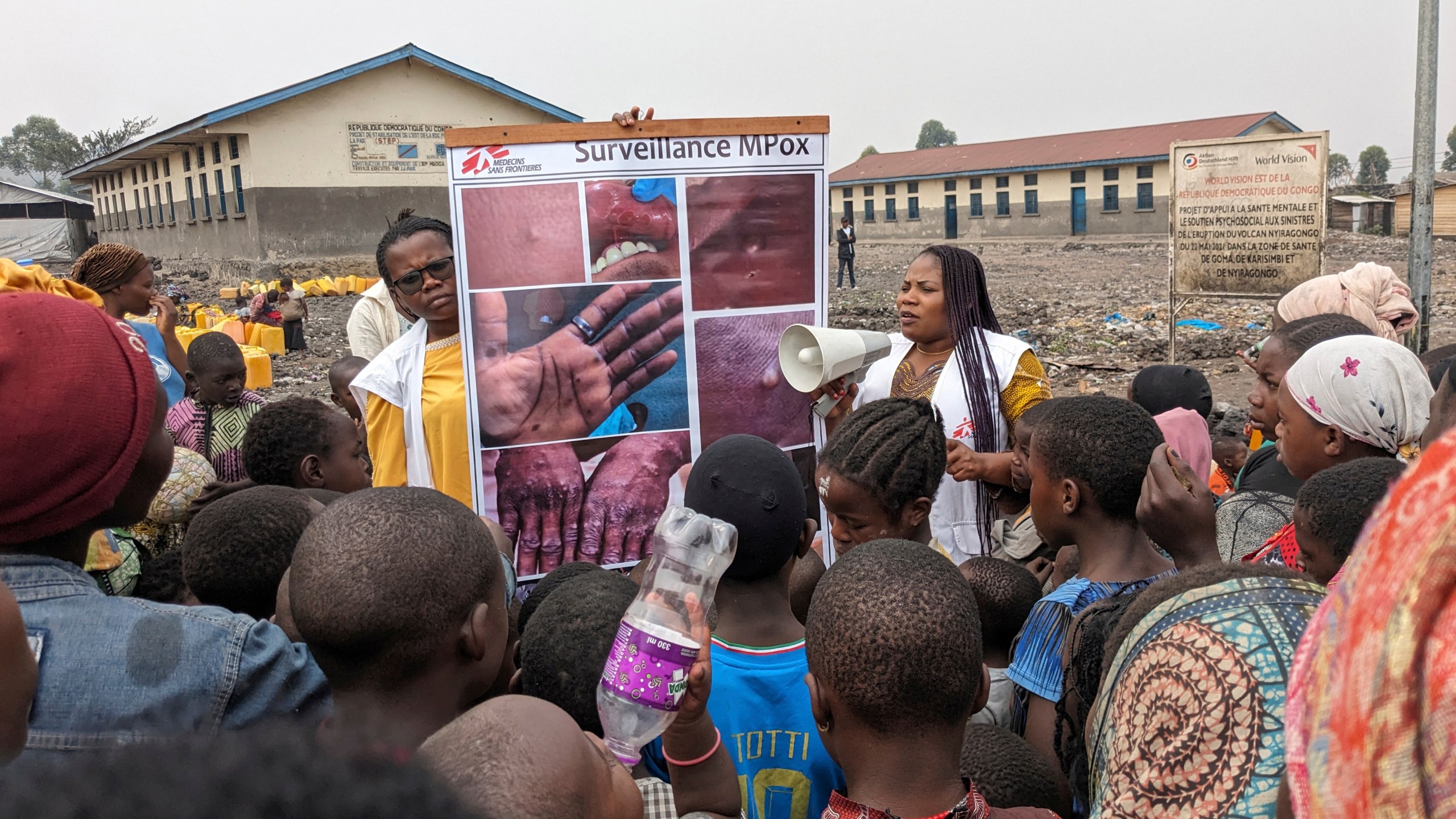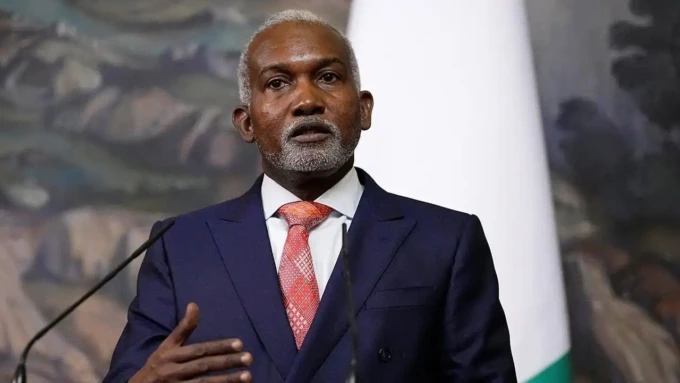The Republic of the Congo has reported 21 confirmed cases of mpox, a viral disease formerly known as monkeypox.
Health Minister Gilbert Mokoki announced that, since the beginning of the year, 158 suspected cases had been registered, with 21 confirmed. The latest two cases were reported on Thursday. The virus has been detected in five of the country’s 15 regions, with the forested areas of Sangha and Likouala in the north being particularly affected.
While the epidemic is not considered alarming, authorities are urging the public to take preventive measures, such as regular handwashing.
In response to the outbreak, the World Health Organization (WHO) has been actively involved in supporting the Republic of the Congo. Since the Ministry of Health and Population declared the mpox outbreak in April 2024, WHO deployed experts trained under the SURGE initiative to the affected departments.
These experts have enhanced the capacity of healthcare providers to investigate confirmed cases, collect samples, and ensure their safe transport. Additionally, WHO has supported risk communication and community engagement efforts to raise awareness about the disease.
The Democratic Republic of the Congo (DRC), the Republic of the Congo’s neighbor, has been significantly affected by the mpox outbreak, accounting for about 80% of laboratory-confirmed cases and deaths reported across the continent this year. Vulnerable populations, including internally displaced persons and refugees, are at heightened risk due to limited access to water, sanitation, and health services. WHO is collaborating with national health authorities to implement targeted interventions to protect these at-risk groups.
The Africa Centres for Disease Control and Prevention (Africa CDC) and WHO have updated their joint Continental Response Plan for the mpox emergency. The revised strategy focuses on controlling outbreaks, expanding vaccination coverage, and transitioning toward a longer-term, sustainable response.
Mpox is a viral illness that spreads between people, mainly through close contact, causing painful skin and mucosal lesions, often accompanied by fever, headache, muscle aches, back pain, fatigue, and swollen lymph nodes.
In May 2025, twelve African countries, including the Republic of the Congo, committed to strengthening cross-border collaboration to improve mpox and health emergency responses. This agreement aims to drive political momentum, reinforce the enabling environment, and strengthen governance to effectively address disease outbreaks.
Republic of the Congo continues to monitor the situation closely. Health authorities are emphasizing the importance of preventive measures, such as regular handwashing and avoiding close contact with individuals showing symptoms of mpox. The public is encouraged to stay informed through official channels and adhere to health advisories to prevent further transmission of the disease.












Is it just me or does it feel like were always hearing about outbreaks in Congo-Brazzaville? Stay safe, everyone!
Wow, seems like mpox cases are on the rise. Do you think the public will actually take those preventive measures seriously?
Is it just me or does it feel like these outbreaks keep happening too often? Maybe we need to address the root cause.
I dont understand why people are still hesitant to follow preventive measures. Lets protect ourselves and each other. #StaySafe
Do you think the governments response is enough? Should there be more aggressive measures in place? Lets discuss.
Do you think the government is doing enough to prevent the spread of mpox in Congo-Brazzaville? Lets discuss!
I dont buy it, they always exaggerate these things. Are they just trying to scare us or is there really something to worry about?